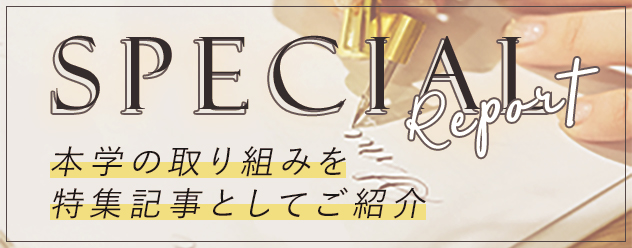


Assistant Professor Teikyo University Faculty of Fukuoka Medical Technology Department of Nursing
Professor Kiyomi Itonaga?

She has experience in clinical practice as a nurse, and has studied "irrational belief" at Kyushu University of Nursing and Welfare Graduate School, where she became a part-time practical Teaching Associate. She will teach at Teikyo University Faculty of Fukuoka Medical Technology from 2021.




In the medical field, it is often the caregivers who come into daily contact with hospitalized patients. However, procedures such as changing gauze can only be performed by nurses. Even when the caregiver calls for a nurse, the nurse is often too busy with other tasks to respond, which can lead to mixed feelings between the professionals and lingering bad blood.


While researching solutions to this problem, it became clear that nursing is a profession in which "irrational beliefs" become stronger. Irrational beliefs are irrational beliefs. For example, the belief that "I must never make a mistake" can lead to poor performance and increased stress.


In order to improve the mutual cooperation problems caused by irrational beliefs, it was found that "joyful shared experiences" such as playing sports or doing recreational activities at the workplace and laughing together are effective. Currently, this is being applied not only in the medical field but also in various other fields.


In order to make improvements, it is first necessary to recognize that one has irrational beliefs. "Young carers*" are one example of a successful case where awareness was promoted. As the term "young carers" gained social recognition, it became easier for these individuals to recognize their situation, and they were freed from the misconception that they "have to work in place of their parents," which made it easier for them to cooperate with those around them and for everyone to take care of them together. *This refers to children who regularly perform household chores and care for family members that are normally expected to be the responsibility of adults.


Similarly, the term SDGs has encouraged people to understand their own situation and has fostered a common sense of crisis in society. The SDGs pose various challenges, but by collaborating with different industries to contribute to solving them, it will lead to the creation of new "joyful shared experiences" and further deepen understanding of the SDGs.


